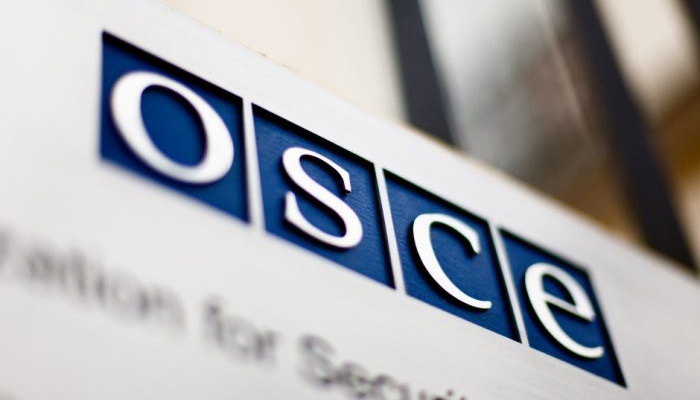The Organization for Security and Co-operation in Europe’s Office for Democratic Institutions and Human Rights (OSCE ODIHR) on Friday released its final report on Turkey’s elections held between May 14 and 28, 2023, raising significant concerns about the country’s legal framework for elections, media bias and the underrepresentation of women and young people in politics.
President Recep Tayyip Erdoğan secured another five years to govern Turkey after the May elections.
The OSCE report states that Turkey’s existing legal framework does not provide a conducive environment for democratic elections. It points out longstanding concerns about the respect for judicial independence and fundamental freedoms such as freedom of assembly, organization and expression. The report also notes that civil society organizations and human rights defenders have been continuously pressured and targeted by authorities, which is against OSCE commitments and Council of Europe standards.
The report highlights that most broadcasters openly supported President Erdoğan, failing to provide equal opportunities to all candidates. State-run broadcasters TRT-1 and TRT Haber allocated 45 percent of their political content, mostly in a positive tone, to Erdoğan and his People’s Alliance. The report criticizes this media bias, stating that it undermines the democratic process.
The OSCE report also draws attention to the underrepresentation of women and young people in Turkish politics. It states that only 17 percent of the 600 members of parliament are women and that only one out of 17 outgoing ministers was a woman. The report also notes that young people are not adequately represented in parliament, which is a concern for the future of democracy in Turkey.
The report emphasizes the lack of adequate measures for facilitating voting for the 2 million people affected by major earthquakes that hit Turkey in February. It suggests that more could have been done to make it easier for these individuals to vote, such as providing free transportation or extending the time for address changes.
The report criticizes the use of administrative resources for election campaigning. It mentions that President Erdoğan and other high-ranking officials were clearly not subject to the same legal restrictions as others during the campaign period, blurring the lines between the state and political parties.
The OSCE report recommends that Turkey take steps to improve its legal framework for elections, ensure media impartiality and address the underrepresentation of women and young people in politics. It also suggests that authorities should take measures to facilitate voting for earthquake-affected individuals and clearly define the legal restrictions on campaigning for high-ranking officials.


